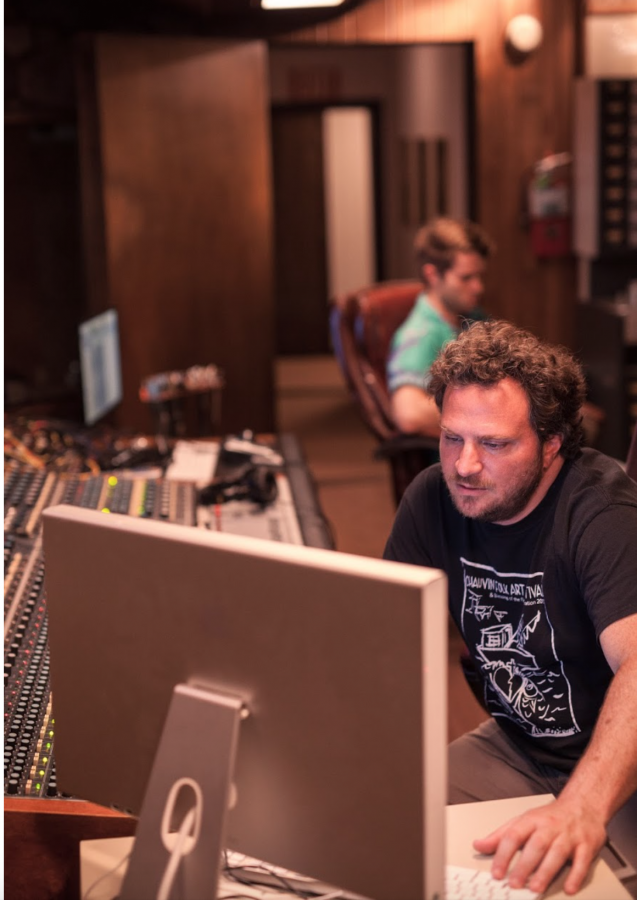#WavecrushWednesday: Chris Finney
October 5, 2016
This week’s #WaveCrushWednesday is Chris Finney, adjunct professor of music business at Tulane, two-time Grammy winner, music producer, engineer and mixer originally from New Orleans.
Finney helps run a branch of the Trombone Shorty Foundation to help New Orleans youth understand the basics of the music industry, and to help gain interest in other careers that involve music, such as sound engineers and lawyers. He is the Arcade’s Wave Crush of the week because of his amazing work within the New Orleans community, and his success in the music industry.
Who are some artists that you have worked with and are working with, and what’s your favorite part about the industry?
I have worked with Dr. John, Harry Connick Jr., The Revivalists, Rebirth Brass Band and a bunch of local artists. Currently, I am working with DJ Quickie Mart, an awesome bass player named Roland Guerin and also working with some Tulane grads in the band Organized Crime. My favorite part about working with these amazing artists, and in the music industry, is getting to meet new people. Every opportunity is more friends that you haven’t met. I like the idea that doing recording is a way of retaliating against mortality. The song is so ephemeral that having a way to fix it to a medium, and making it concrete, I enjoy that a lot. I love that idea of retaliating again eternity.
What is your role in the Trombone Shorty Foundation?
I run a branch of the Trombone Shorty Foundation called the Fredman Music Business Institute. The purpose of my program is to give musicians a basic understanding of how the music business works, as well as to give them alternatives to just being a musician per se. Not every musician who picks up a horn is going to turn out as Trombone Shorty. Not every guitar player who picks up a guitar is going to grow up to be Lenny Kravitz. So, while you’re on the path, you might find that there are other aspects of the music business that you might love. Or, if you are going to be just like Troy, the rock star, there’s some basic music business stuff that you should know. To teach them a little bit about what lawyers do in the business, what engineers and producers do and what publishing companies do.
What is your greatest life achievement thus far?
I’ll say this very specifically. What I consider my greatest achievement is not what the world would consider my greatest life achievement. The rest of the world would think having two Grammys is a pretty great accomplishment. While I am proud of that, for me, it’s overcoming personal obstacles and limitations in my mind and my career, and realizing that certain things were perceived as limitations but then when you go and do it, you realize that it wasn’t a limitation at all, it was only in my head.
What are your plans for the future?
I am working on opening my own private recording studio. The area has a ton of really high quality recording studios, however sometimes it is hard to find available time to record, or the studios are super far, and it can be expensive. I would like to open a personal studio so that I can record whenever I want to. It usually takes about a week to record a song start to finish, however it really depends on how prepared the band is, so it would be great to open a personal studio.
Do you have any advice to the Tulane students trying to get into the music business industry?
Try everything and find the stuff you don’t like, because that will teach you the stuff you do like. I always tell people that they should try and find a way to make a living off stuff they do when they’re procrastinating.










Leave a Comment